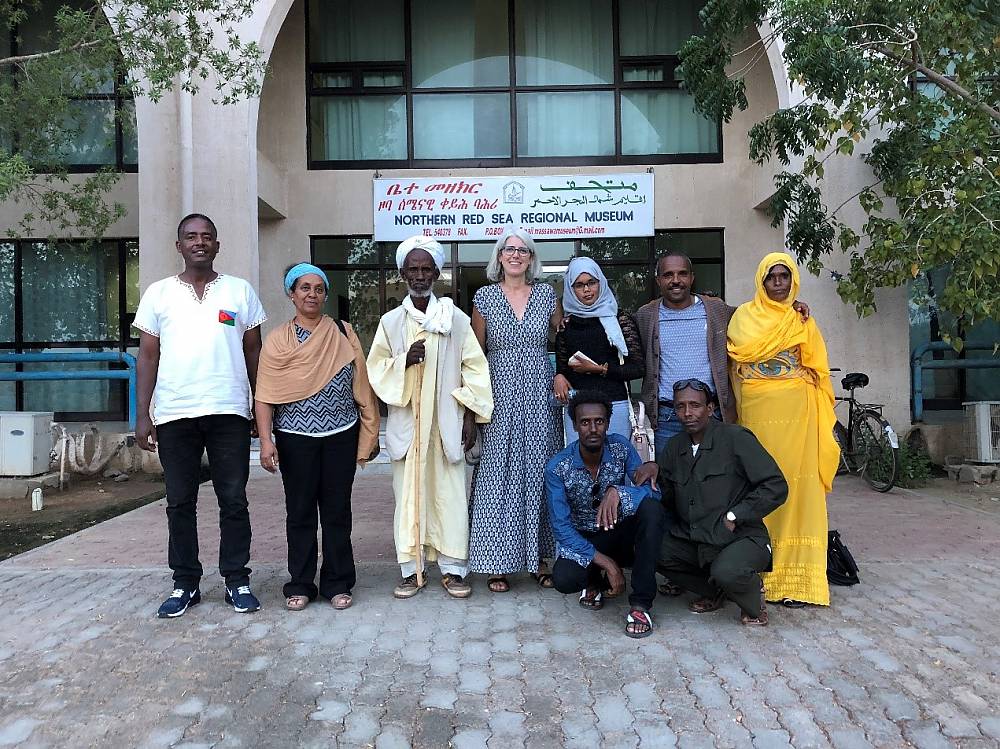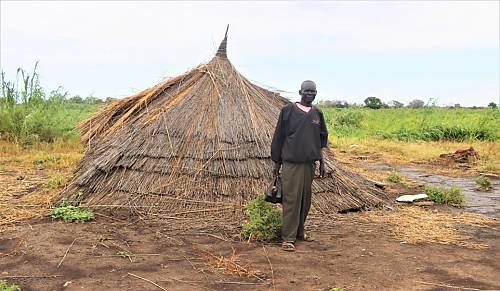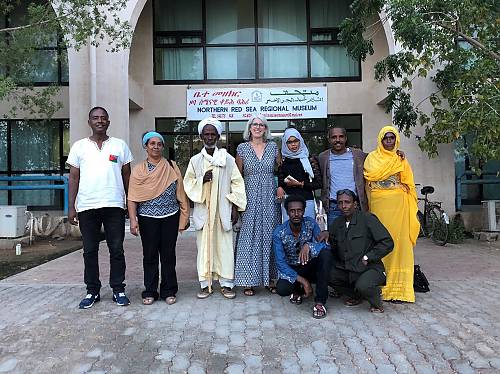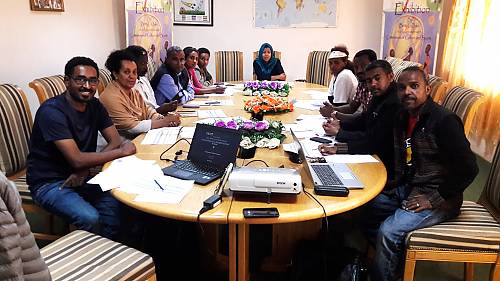The project “Strengthening the capacities of Eritrea for implementing the Convention for the Safeguarding of the Intangible Cultural Heritage” made major strides towards raising safeguarding capacities on a national level.
Three capacity-building activities were organized between 2014 and 2018, equipping a wide range of government and community stakeholders with the skills necessary to safeguard Eritrea’s living heritage over the long term. These consisted of: a workshop on policy development, which resulted in the adoption of a draft Eritrean Cultural and Natural Heritage Legislation; a training workshop on community-based inventorying, followed by fieldwork inventories among the nine ethno-linguistic groups of Eritrea and leading to 18 intangible cultural heritage elements inventoried in the first national inventory of intangible cultural heritage; and a workshop on the preparation of nomination files and elaboration of international assistance requests. The Eritrean Commission for Culture and Sports also established a National Committee for the Safeguarding of the Intangible Cultural Heritage in July 2018.
This four-year project, funded by an earmarked contribution from the Kingdom of Norway to the UNESCO Intangible Cultural Heritage Fund, was launched in Asmara in 2014 and carried out by the Eritrean Commission for Culture and Sports with support of the UNESCO Regional Office for Eastern Africa. It aimed to build a critical level of experience and knowledge, both in government institutions and among the nine ethno-linguistic communities of Eritrea, so that the country is equipped with an appropriate sustainable framework for safeguarding intangible cultural heritage and implementing the 2003 Convention on a long-term basis.




